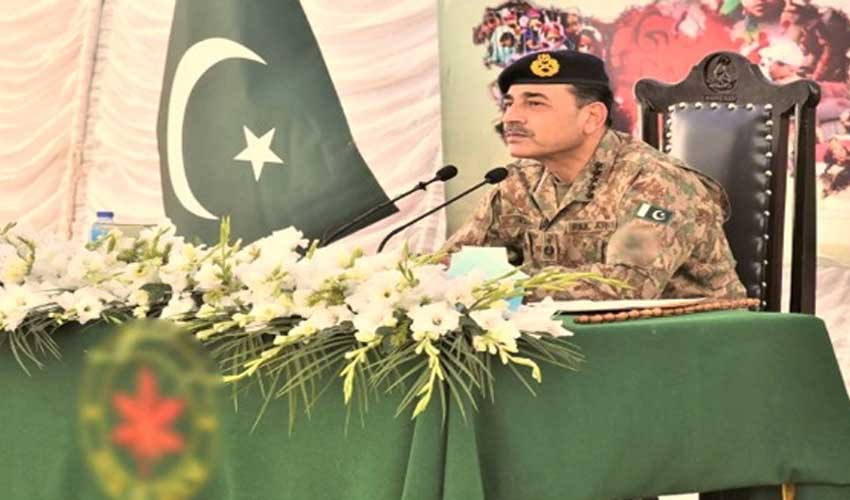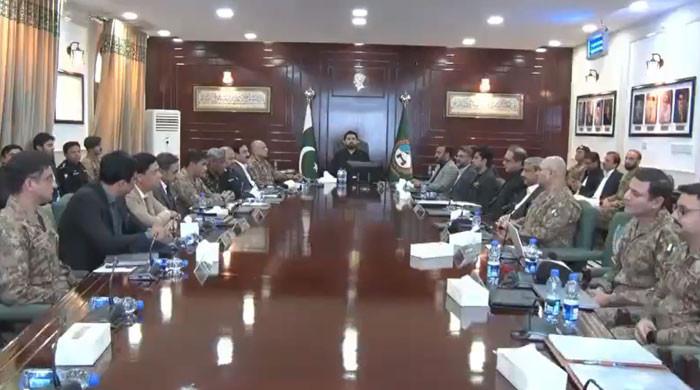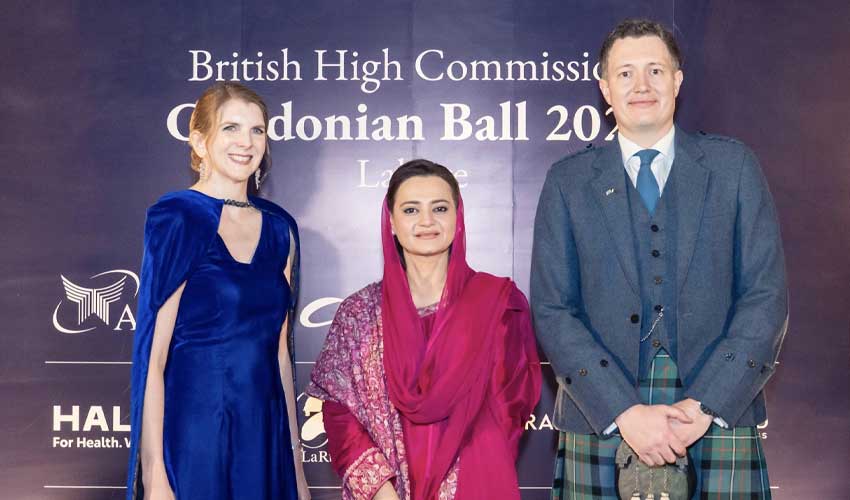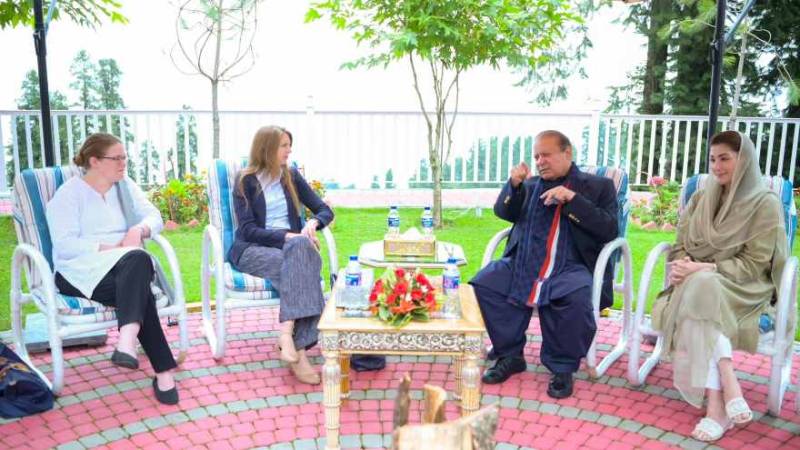Pakistan Muslim League-Nawaz (PML-N) leader Nawaz Sharif met British High Commissioner Jane Marriott at his Jati Umra residence, sources confirmed. The meeting was part of continued senior-level interactions focused on further strengthening…
Category: 1. Pakistan
-
CM Punjab directs motorcyclists to install safety rods on bikes during Basant – RADIO PAKISTAN
- CM Punjab directs motorcyclists to install safety rods on bikes during Basant RADIO PAKISTAN
- Clear skies for Basant in Lahore: PMD Dawn
- ‘A safe Basant’: Lahore revives iconic kite festival after yearslong ban The Express Tribune
- Economics of…
Continue Reading
-
PAF Jets present aerial salute to Uzbekistan President – RADIO PAKISTAN
- PAF Jets present aerial salute to Uzbekistan President RADIO PAKISTAN
- 80 companies relocate to Uzbekistan Dawn
- Uzbekistan President Mirziyoyev lands in Islamabad for two-day visit The Express Tribune
- Pakistan, Uzbekistan ink multiple accords to…
Continue Reading
-
CDF reiterates unwavering support for people of Kashmir – RADIO PAKISTAN
- CDF reiterates unwavering support for people of Kashmir RADIO PAKISTAN
- Kashmir Solidarity Day: Pakistani leadership reaffirms support for Kashmiris’ just struggle Dawn
- PM Shehbaz reaffirms unwavering support for Kashmir cause, announces major…
Continue Reading
-

Field Marshal Munir visits Muzaffarabad memorial
Chief of Defence Forces Field Marshal Syed Asim Munir visited Muzaffarabad, where he laid flowers at the memorial of martyrs of Indian occupied Kashmir and paid rich tribute to their unparalleled bravery and…
Continue Reading
-

Govt, army, law enforcers on same page for peace, says KP CM at apex committee
Khyber Pakhtunkhwa Chief Minister Sohail Afridi chairs provincial apex committee meeting on February 5, 2026. — X/@GovernmentKP/screengrab - KP CM streesses need for “joint efforts” againt terrorim.
- Forum offers…
Continue Reading
-
Kazakhstan’s Falcon EuroBus to Supply 600 Electric Buses to Pakistan – The Times Of Central Asia
- Kazakhstan’s Falcon EuroBus to Supply 600 Electric Buses to Pakistan The Times Of Central Asia
- Confident Kazakh president’s visit will open avenues for shared prosperity, says PM Shehbaz Dawn
- Pakistan, Kazakhstan upgrade relations to…
Continue Reading
-

Local Holiday Announced in Sindh District
The district administration has declared a local holiday in Jamshoro on Saturday, February 7, 2025. The decision marks the 774th annual Urs of Hazrat Lal Shahbaz Qalandar (RA).
According to an official notification issued by the Office…
Continue Reading
-

British High Commission celebrates Scottish-Pakistani ties at ‘Caledonian Ball’ in Lahore
Held at the historic Sir Ganga Ram Residence, Wednesday’s Caledonian Ball featured traditional bagpipe music, songs from the ‘When Mountains Meet’ collaboration between Scottish and local artists, and couture…
Continue Reading
-

PM Shehbaz Sharif to attend Munich security conference during Germany trip
Prime Minister Shehbaz Sharif is expected to travel to Germany from February 13 to 15 to take part in the Munich Security Conference, officials revealed. Preparations for his visit are currently being finalized. Alongside the conference, the…
Continue Reading
